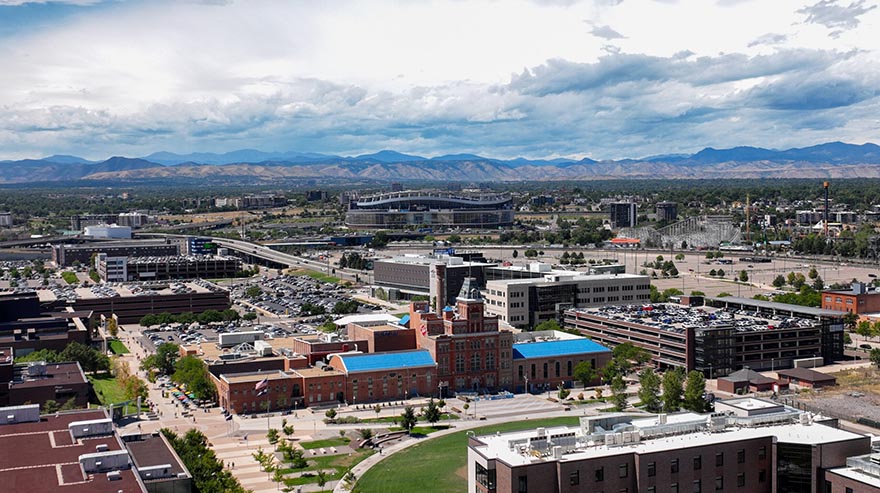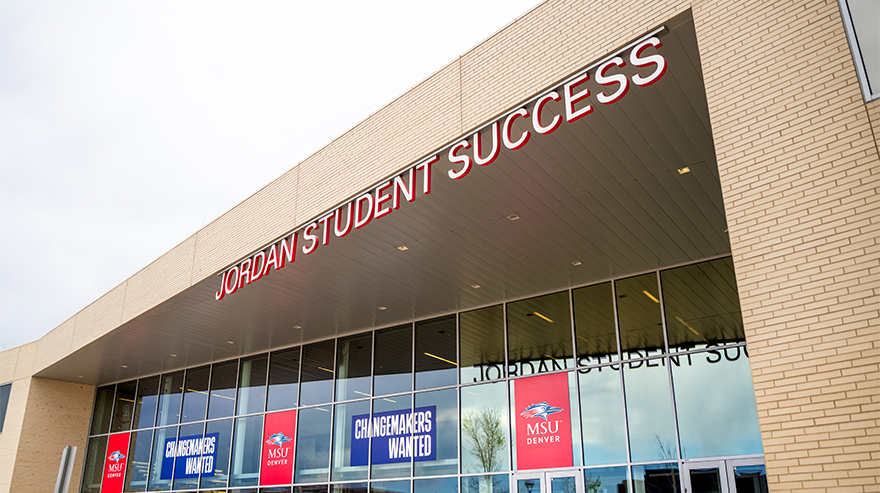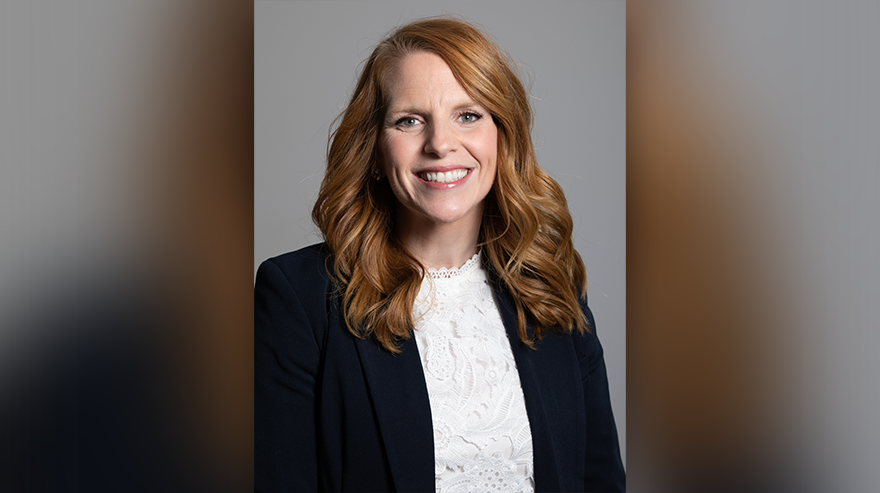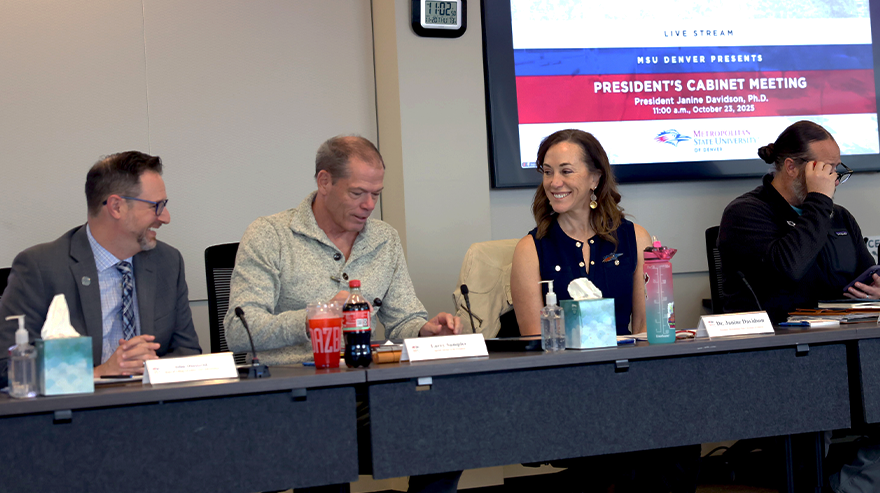David Fine, general counsel for Metropolitan State University of Denver, spoke Wednesday before the Colorado Advisory Committee to the U.S. Commission on Civil Rights, which is examining the presence or absence of antisemitism on the Auraria Campus.
In his remarks to the committee, Fine, a fourth-generation Coloradan and member of Denver’s Jewish community, described the University’s approach during last year’s Gaza-related protests. He emphasized MSU Denver’s longstanding commitment to free speech and civil dialogue, noting that administrators focused on three priorities during the campus encampment: the safety of students and community, the continuity of academic operations and protection of free speech.
While acknowledging that some members of Denver’s Jewish community felt fear and stress during the protests, Fine said the University found no evidence of antisemitic conduct by MSU Denver students or faculty members. He explained that most protest participants were not affiliated with the University and that individuals or groups that violated campus conduct policies faced disciplinary action.
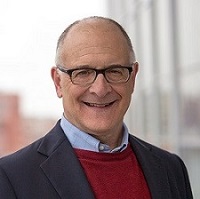
“Peaceful protest is not a violation of any of our policies and is protected by the First Amendment,” Fine said. “However, disruption of operations and interference with our educational mission and interference with the speech of others are not protected.”
Fine also pointed to MSU Denver’s proactive engagement with Jewish organizations, its close work with the Denver Jewish community during the protests and the University’s anti-discrimination policies, which cover complaints of antisemitism. “We had very few complaints, but we take any such complaint seriously,” Fine said.
The 10-member Colorado Advisory Committee is a local subcommittee of the federal commission. Unlike the U.S. Department of Justice, which is conducting investigations into protests at other universities across the country, the Civil Rights Commission has no law-enforcement authority but rather makes policy recommendations to Congress.
The local group’s yearlong inquiry will continue through this fall, and its findings could be included in a future commission report to Congress.




